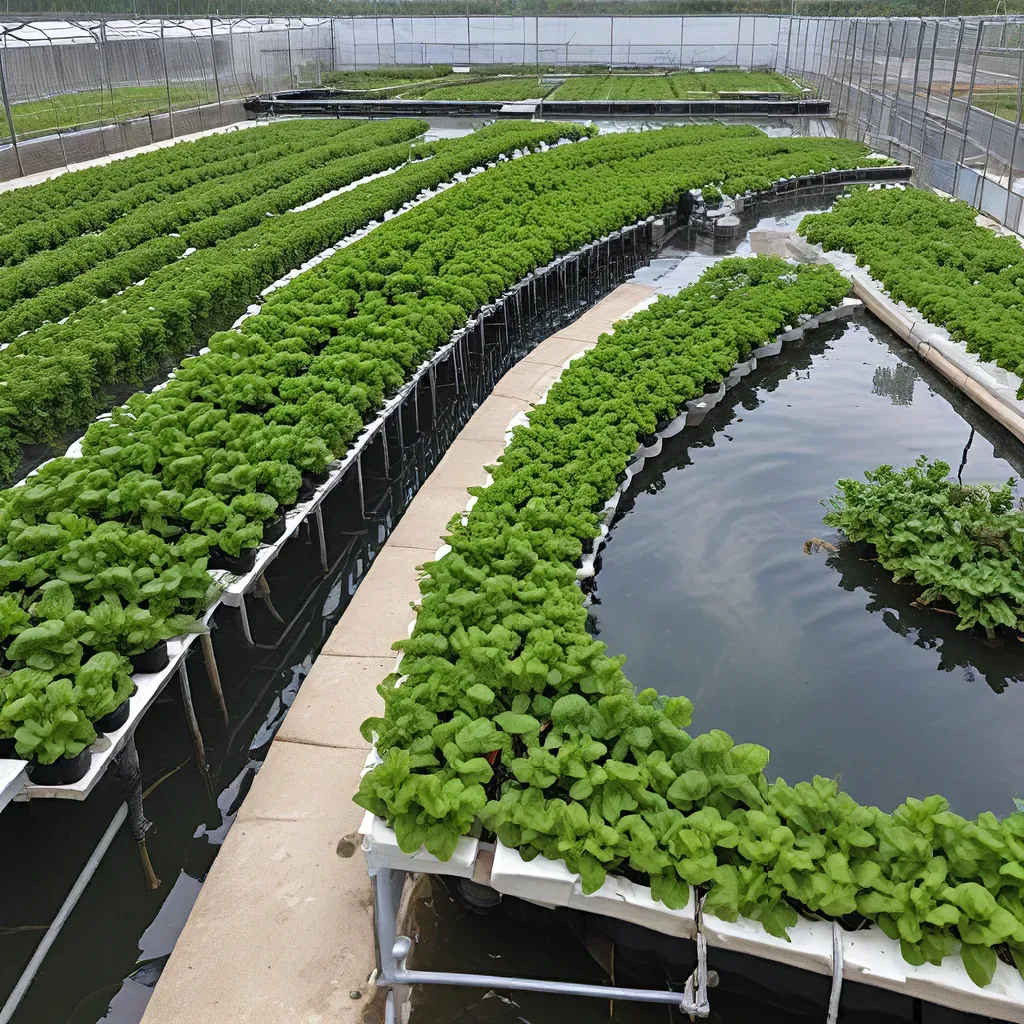In a world grappling with climate change and water scarcity, innovative solutions are emerging to sustain agricultural productivity. A recent systematic review published in *Agricultural Water Management* sheds light on an intriguing approach: using treated domestic wastewater in hydroponic systems. The study, led by Emmanuel Ojochegbe Valentine of the University of KwaZulu-Natal, explores the potential of this method to provide both irrigation water and essential nutrients for crops, offering a sustainable alternative to traditional water sources.
The review, which analyzed 22 studies published over the last decade, reveals that while the practice of reusing treated domestic wastewater in hydroponics is still relatively new, it holds significant promise. “The combined impact of climate change, population growth, and the need to achieve food security makes this a worthy cause,” Valentine emphasizes. The findings indicate that various crops can be successfully cultivated using treated wastewater, contributing to food security and reducing the competition for freshwater resources.
However, the review also highlights several challenges that need to be addressed. Nutrient variability in wastewater and its reuse in passive and non-circulating hydroponic systems present significant issues. “Efficient management and reuse of wastewater in hydroponic crop production presents an innovative strategy that holds promise in fostering sustainable urban agriculture,” Valentine notes. The study suggests that further research is needed to optimize nutrient management and ensure the safety and efficiency of this practice.
The commercial implications of this research are substantial. As water scarcity becomes an increasingly pressing issue, farmers and agricultural businesses are seeking sustainable solutions to maintain productivity. The reuse of treated domestic wastewater in hydroponics could provide a cost-effective and environmentally friendly alternative to traditional irrigation methods. This approach aligns with the principles of a circular economy, where resources are used efficiently and waste is minimized.
Moreover, the integration of decentralized wastewater treatment systems could create new opportunities for urban agriculture. By treating wastewater locally and reusing it for crop production, cities can reduce their reliance on external water sources and enhance their self-sufficiency. This could lead to the development of new business models and economic opportunities in the agriculture sector.
The review also underscores the need for further research and development in this field. As the practice of reusing treated domestic wastewater in hydroponics gains traction, it will be crucial to address the challenges and optimize the benefits. This research could pave the way for future developments in sustainable agriculture, contributing to food security and environmental conservation.
In conclusion, the systematic review by Valentine and colleagues offers valuable insights into the potential of reusing treated domestic wastewater in hydroponic systems. While challenges remain, the findings highlight the promise of this approach in fostering sustainable urban agriculture and ensuring food security. As the agriculture sector continues to evolve, innovative solutions like this will be essential in addressing the challenges posed by climate change and water scarcity.

